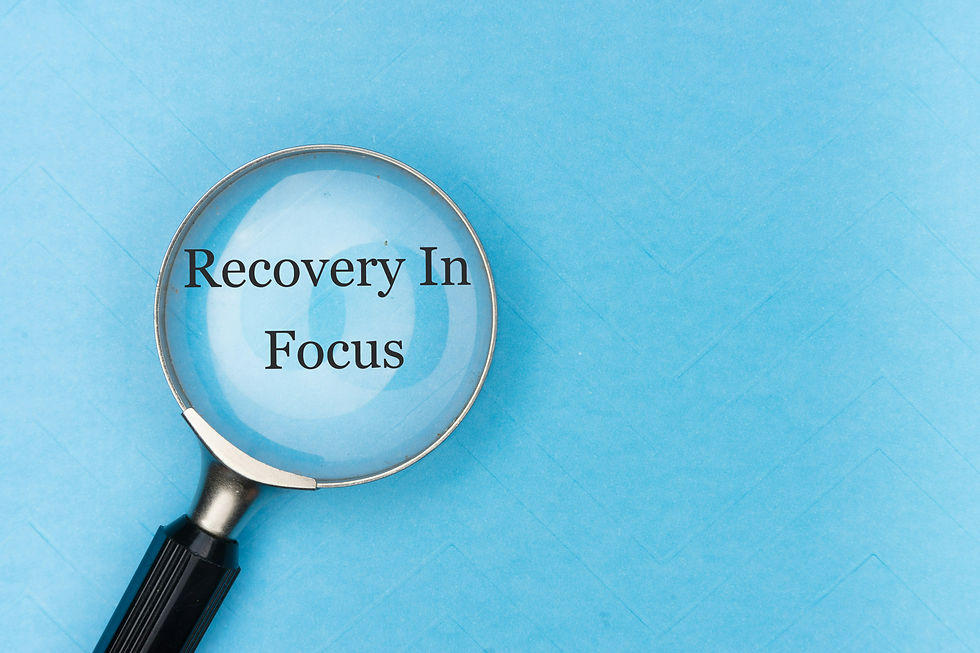In My 16 Years of Recovery
- donniehuslage
- Jul 11, 2024
- 3 min read
By Scott V.
In my 16 years of Recovery, my sobriety has taken on many different appearances. The early stages kept me looking over my shoulder to detect who was keeping an eye on me and watching each step that I was taking. This was a result of growing up in a small town and so many people knowing my family, I found myself living a double life. This was a life of hiding my emotions and not allowing others to see who I really was. I did not even know myself.
In the earlier years of my life, I found myself feeling uncomfortable while I received feedback on how others saw me. The uncertainty of how my actions were being interpreted by my peers kept me in a constant state of shame. I avoided strong emotions because my family would tell me quite often that I could be read like a book. So, I started pushing them down internally and trying to not show my feelings. I would not be willing to share intimate things about my feelings with my peers, this would force me to be vulnerable and make me feel weak. I felt that if others knew the “real me”, they wouldn’t like me. UK-Rehab published an article on their website a short time ago that gave me additional information of what Emotional Sobriety looked like for people that struggle with items in their life. They showed eight signs that allow us to see if someone is on the right track in his/her recovery:
You are living more in the moment.
You do not have the need to run away from life.
You spend more time thinking about others.
You are no longer interested in any mind-altering substances.
You appreciate all the good in your life.
You tend to have a positive outlook on life.
You rarely experience strong emotions.
You find it easy to regulate your own behaviors.
Many people see recovery as simply deciding to stop using a substance and committing to long-term sobriety. This is far from the truth. Recovering from substance abuse and addiction Involves many different things, and sobriety is just one part of recovery. When I was introduced to the idea of developing my own Relapse Prevention plan, I began to avoid putting myself in situations that tempted me to fall back into my previous ways of life. I began to not sit idle on the couch and look at the television. Keeping my mind engaged in reading books that encouraged me and challenged me to remain aware of things that took place coming for the dark side of my past. I began to read my Bible more often and spent more time in prayer to my God helped me avoid an idle mind. In 2014, I began to throw disc golf. This was an exchange for several habits that I had in a previous stage of life. I was introduced in my first Step Study to replace old habits with new ones that kept my mind occupied.
I am employed by a treatment center in North Central Arkansas and have the opportunity tospend time with adolescent males and build relationships with those that are open toconnection. I find myself working my steps daily and am constantly looking inward to gain an understanding of the man that my God intends me to be. Currently, I am addressing my Step 12 and how I can put back into the program that has helped me over the past 15+ years. Everymorning, I spend at least 1 hour sitting with my wife and continue to examine my inner self to be the best husband, father & granddad that I can be. I hope that I continue to have theopportunity to attend weekly meetings and God continues to place people on my path to giveservice to.
I am appreciative for the opportunity to add back into the program that has helped me in so many ways.
Original article






Comments